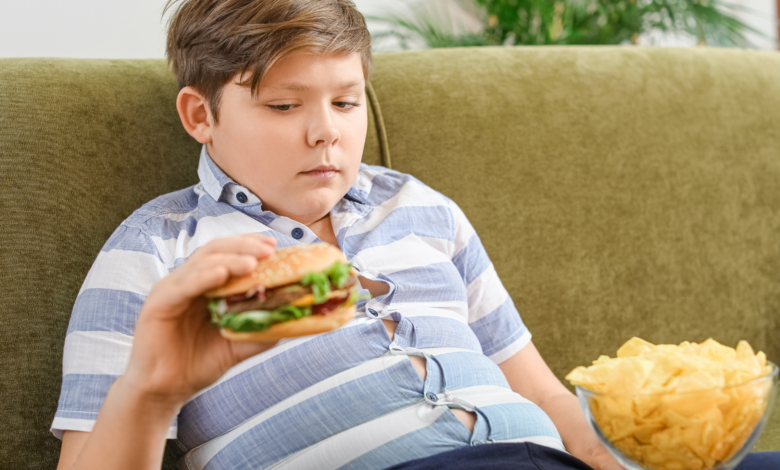Are Parents Responsible for Childhood Obesity? An Argumentative Essay

Are parents responsible for childhood obesity? According to WHO, More than 1 billion people worldwide are obese – 650 million adults, 340 million adolescents, and 39 million children. Childhood obesity is a serious and growing problem in many countries around the world. It is defined as a condition where a child has an excess amount of body fat, and this excess fat can have negative impacts on their health, including an increased risk of developing chronic diseases such as diabetes, heart disease, and cancer.
The question of whether or not parents are responsible for their children’s obesity is a complex and controversial one, and there are valid arguments on both sides. In this article, we will explore the ongoing debate on whether parents are solely responsible for childhood obesity and the potential impact of societal factors, the evidence, and consider the different perspectives on this issue in order to come to a conclusion about whether or not parents are responsible for childhood obesity.

Arguments in Favor of Parents being Responsible for Childhood Obesity
- One argument in favor of the idea that parents are responsible for their children’s obesity is that they have a significant influence on their children’s diets and lifestyles. Parents are responsible for providing their children with food, and they have the ability to control what kinds of foods and drinks their children consume.
- Parents play a role in determining their children’s activity levels by choosing whether or not to enroll them in sports or other physical activities and by setting limits on how much time their children spend in front of screens.
- Another argument in favor of the idea that parents are responsible for childhood obesity is that they are often the primary role models for their children’s behavior. Children are more likely to adopt healthy habits if they see their parents modeling those habits, and they are also more likely to adopt unhealthy habits if they see their parents engaging in unhealthy behaviors. For example, if a child sees their parent eating a diet high in unhealthy processed foods and not exercising, they are more likely to adopt those same habits themselves.
Arguments Against the Idea that Parents are Solely Responsible for Childhood Obesity
It is important to recognize that there are also valid arguments against the idea that parents are solely responsible for childhood obesity.
- One such argument is that there are often multiple factors at play that can contribute to a child’s weight, and it is not always possible for parents to control all of these factors. For example, genetics play a role in a person’s risk of becoming obese, and a child may be more prone to obesity due to their family history.
- Some children may have medical conditions that make it more difficult for them to maintain a healthy weight, and in these cases, it is not fair to blame the parents for their child’s obesity.
- Another argument against the idea that parents are solely responsible for childhood obesity is that there are often external factors that can contribute to a child’s weight, such as the availability of unhealthy foods in their community or school. In these cases, it is not necessarily the parents’ fault if their child becomes obese, but rather a result of the larger societal and cultural factors that make it easier for children to access unhealthy foods.
So, Are Parents Responsible for Childhood Obesity?
Despite the valid arguments on both sides of this issue, it is clear that parents do play a role in their children’s obesity and that they have the ability to take steps to help prevent it. While they may not be solely responsible for their children’s weight, they can make a significant impact by providing their children with healthy meals and encouraging them to be physically active. Additionally, parents can advocate for policies and programs that make it easier for children to access healthy foods and engage in physical activity, such as improving the availability of healthy foods in schools, their sleep pattern as sleep also affects growth and development and creating safe spaces for children to be active in their communities.

Conclusion
In conclusion, while there are valid arguments on both sides of the debate about whether or not parents are responsible for childhood obesity, it is clear that they do have the ability to make a significant impact on their children’s weight and health. By taking steps to provide their children with healthy meals and encouraging them to be physically active, parents can play a vital role in helping to prevent childhood obesity and ensure that their children grow up healthy and strong.









